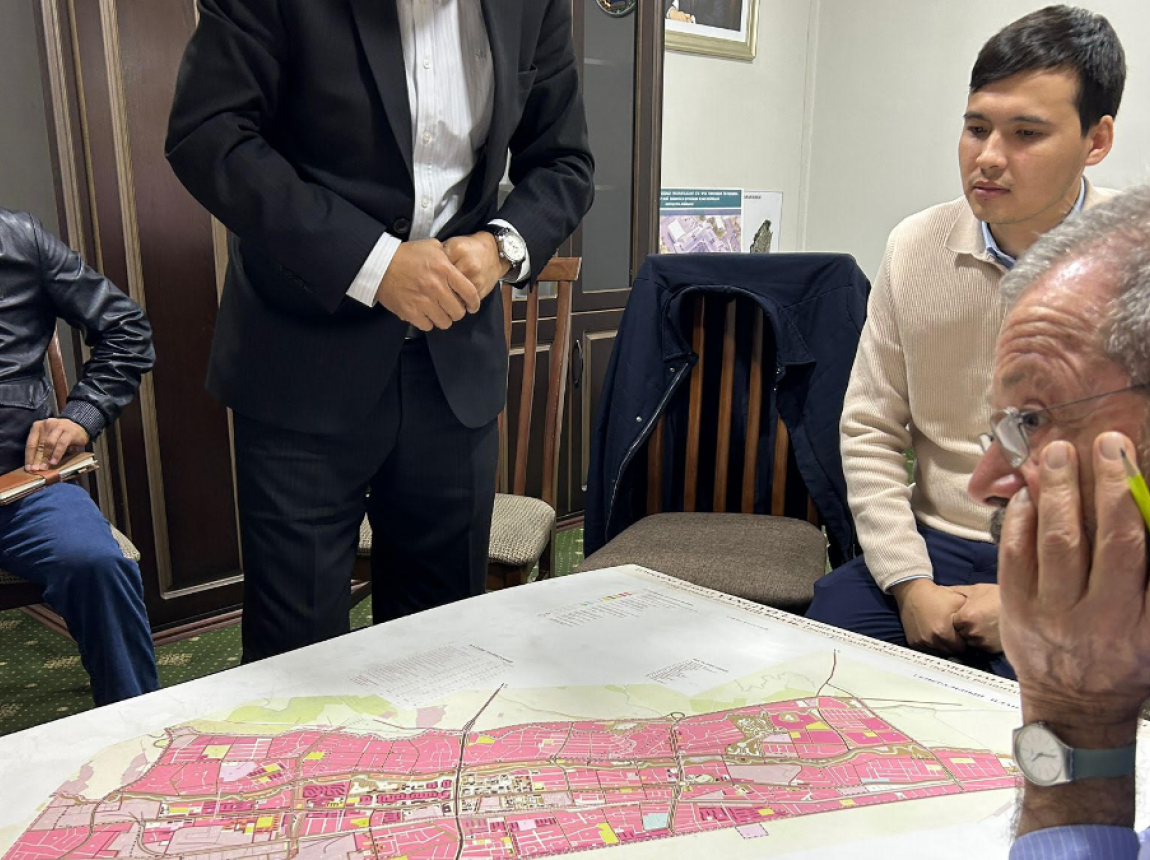Improving Health Outcomes in Rwanda
Neal Emery’s recent article in The Atlantic highlights Rwanda’s progress in significantly improving its health outcomes over the last decade. Emery claims that some analyses over-state the foreign aid effect—which attributes the successes to a health system completely rebuilt by the foreign aid received in the wake of the genocide’s devastation. However, Rwanda actually began this process while receiving less aid than other sub-Saharan African countries.
Dr. Paul Farmer and colleagues have published an article in the British Medical Journal highlighting key factors that have led to Rwanda’s successes- factors which they hope other countries might learn from and replicate. For example, Rwanda has used international aid (from the Global Fund, PEPFAR, etc.), not for disease-specific programs, but rather to build a “robust” primary care system. Additionally, they built local capacity by training 45,000 community health workers to bring care directly to the homes of those who might not otherwise receive it.
However, one of the most important factors in Rwanda’s success has been its commitment to transparency. Vision 2020, Rwanda’s plan to advance the country to middle-income status, identified health as a necessary component for effective and efficient development. As such, all government ministries were required to deal with certain cross-cutting health issues, allowing for a more coordinated response to some of the country’s most burdensome health problems. Furthermore, all international funding must fit within the Vision 2020 standards for transparency and accountability.
In a similar vein, Rwanda has succeeded in reaching its most vulnerable populations by strictly adhering to the data when allocating funds.
By defining its commitment to transparency, Rwanda has championed its own progress rather than allowing it to be dictated by foreign aid or agendas. The result has been a more coordinated and efficient health system which produces some of the best outcomes in the region. While no two countries face the same circumstances and challenges, Rwanda’s success points to the importance of intentional, transparent development.

